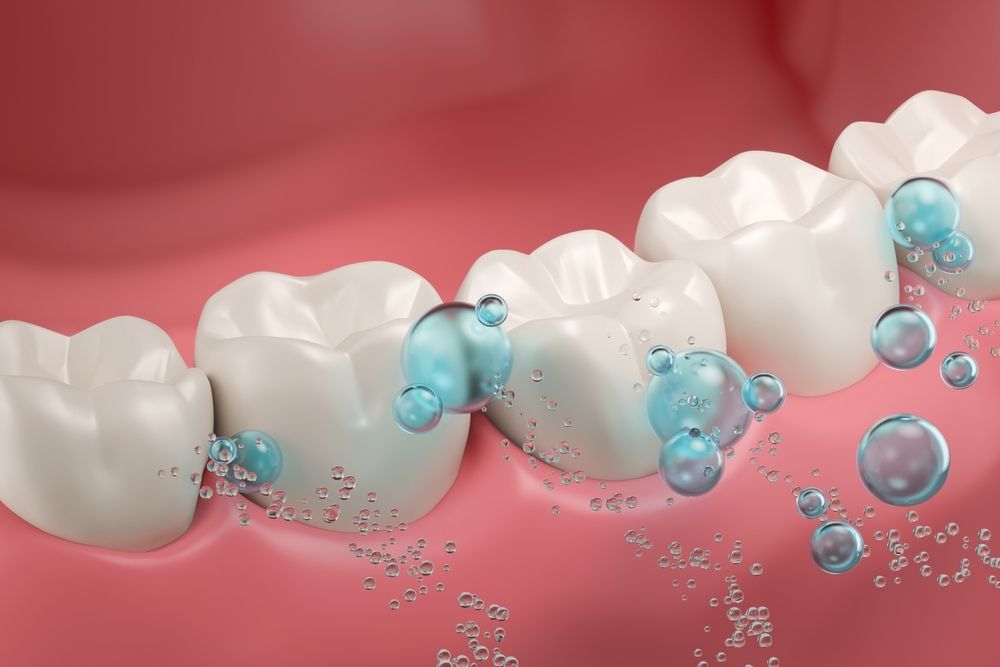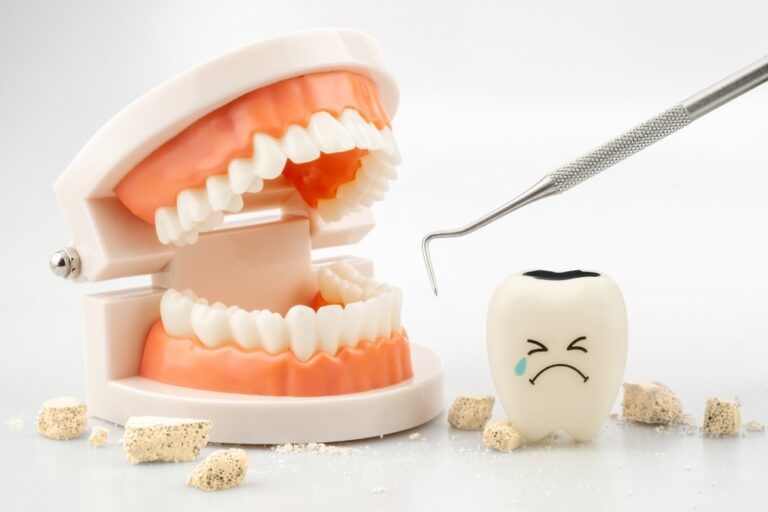Fluoride has long been a topic of debate, often caught between its role as a dental health hero and the center of health controversies. At Weare Family Dentistry, Dr. Esin Narli and her team believe in empowering patients in Weare, NH, with clear, science-backed information to make informed decisions. Let’s uncover the truth about fluoride, addressing its benefits, risks, and common myths.
What Is Fluoride?
Fluoride is a naturally occurring mineral found in soil, water, and certain foods. Its remarkable ability to strengthen teeth and prevent decay has made it a staple in dental care for decades. Fluoride works by remineralizing tooth enamel and creating a barrier against acid attacks caused by bacteria and sugary foods.
It’s present in many forms, including:
- Toothpaste and mouthwash: Over-the-counter dental products contain fluoride to help maintain oral health.
- Fluoridated water: Community water fluoridation began in the mid-20th century as a public health initiative.
- Professional treatments: Dentists offer concentrated fluoride treatments for those at higher risk of cavities.
The Benefits of Fluoride
Fluoride’s impact on dental health is undeniable, especially in reducing cavities among children and adults. Here’s how it helps:
- Prevents tooth decay: Fluoride strengthens enamel, making it resistant to acids that break down teeth.
- Reverses early decay: It aids in remineralization, repairing small cavities before they worsen.
- Cost-effective public health solution: Communities with fluoridated water report significantly lower rates of dental decay, reducing the need for expensive dental procedures.
Research consistently shows that fluoride use is one of the most effective measures for maintaining strong, healthy teeth.
Addressing Fluoride Myths
Despite its benefits, fluoride has faced significant scrutiny. Myths often stem from misunderstandings or selective interpretations of studies. Let’s tackle some of the most common misconceptions:
Myth 1: Fluoride Causes Cancer
There is no scientific evidence to support a link between fluoride and cancer. Comprehensive reviews from health organizations, including the American Cancer Society, conclude that fluoride levels in drinking water are safe.
Myth 2: Fluoridated Water is a “Mass Medication”
Fluoridating water is akin to adding iodine to salt or vitamin D to milk. It is a public health measure to ensure dental protection for all, particularly in underserved communities.
Myth 3: Fluoride Harms Children’s Development
When used appropriately, fluoride is safe for children. Issues like dental fluorosis (a mild discoloration of teeth) occur only with excessive fluoride intake during early childhood. Parents should monitor fluoride toothpaste use and avoid swallowing.
Potential Risks of Fluoride
While fluoride is generally safe, overexposure can lead to certain issues:
- Dental fluorosis: This cosmetic condition results from high fluoride intake during tooth development, leading to faint white streaks or spots.
- Skeletal fluorosis: Extremely rare in the U.S., this condition can occur with prolonged excessive fluoride exposure and affects bones and joints.
It’s important to note that these risks are exceedingly uncommon when fluoride is used as directed.
Who Benefits Most from Fluoride?
While fluoride benefits everyone, certain groups gain even greater advantages:
- Children: Fluoride is especially crucial during tooth development to strengthen enamel and prevent decay.
- Adults prone to cavities: Individuals with poor oral hygiene, dry mouth, or a history of dental decay can benefit from professional fluoride treatments.
- Communities without fluoridated water: Those without access to fluoridated water should use fluoride toothpaste and consult their dentist for supplemental treatments.
How to Safely Use Fluoride
Proper use of fluoride is key to reaping its benefits while minimizing any risks:
- Brush twice daily: Use a pea-sized amount of fluoride toothpaste for adults and a rice-sized amount for children under six.
- Rinse as needed: Fluoride mouthwash can be a helpful addition to your oral care routine, particularly for those at higher risk of cavities.
- Consult your dentist: Dr. Esin Narli can recommend professional treatments or supplements tailored to your dental health needs.
The Role of Fluoride in Public Health
Community water fluoridation has been praised as one of the greatest public health achievements of the 20th century. The Centers for Disease Control and Prevention (CDC) estimates that fluoridated water reduces cavity rates by 25% among both children and adults.
In Weare, NH, fluoridation plays a vital role in maintaining the oral health of our community, providing consistent protection regardless of income or access to dental care.
The decision to use fluoride should be based on individual health needs and preferences. At Weare Family Dentistry, we encourage open conversations with patients about fluoride, discussing its benefits and any concerns. By understanding the science behind fluoride, you can confidently choose what’s best for your family’s oral health.
Sources:
- Featherstone, J. D. B. (2000). The Science and Practice of Caries Prevention. Journal of the American Dental Association.
- CDC (2018). Community Water Fluoridation. Centers for Disease Control and Prevention.
- Kumar, J. V., & Moss, M. E. (2008). Fluorides in Dental Public Health Programs. Dental Clinics of North America.





















